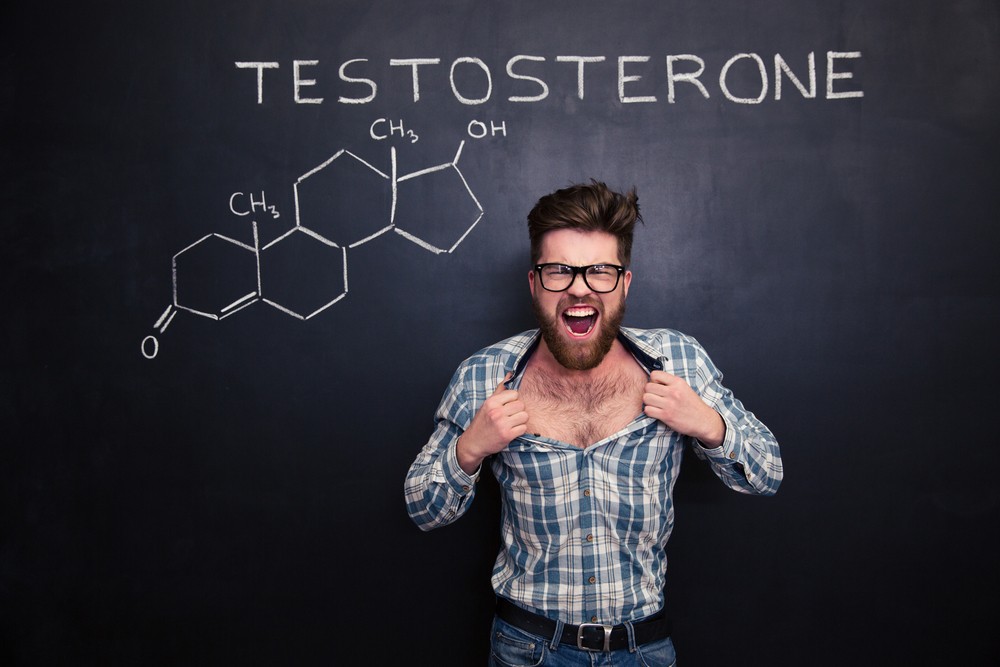As men age, their testosterone levels decline and low testosterone is now a well recognized medical entity. Testosterone determines growth, mood, voice and many important bodily functions in men and a deficiency can cause a drop in sex drive, sexual functioning, energy levels and many other vital functions and structural integrity. Although testosterone replacement has become a popular medical intervention, recent reports have made the practice increasingly controversial.
Will testosterone replacement help my fertility? – NO! It’s not sperm safe!
Some “low testosterone” symptoms, such as low libido, can be improved by testosterone replacement therapy but in the process, it can compromise fertility. A male, considering fathering a child, would do well to avoid testosterone replacement therapy.
Testosterone is one downstream component of the feedback loop
Hormones never exist in isolation and the sex hormone levels are kept closely in check by the negative feedback control of the Hypothalamus-Pituitary-Gonad axis. An exogenous replacement of synthetic testosterone (oral, topical, injection) can cause the pituitary gland in the brain to dampen the release of FSH and LH with serious implications for male fertility.

Implications for fertility
Without sufficient FSH and LH, the testicular production of testosterone and sperm dramatically decreases, often accompanied by testicular atrophy, which results in a significant fertility problem. For most men who receive testosterone replacement, after just three to four months of therapy, their sperm counts reduce to under 1 million/ml. Most men taking stronger exogenous androgens—prescription testosterone, anabolic steroids, and some pro hormones—see their sperm count drop significantly (oligospermia), and it often reaches zero (azoospermia), after taking these substances for only three to six months.
When men stop testosterone replacement, in most cases, their sperm production returns. The timing involved can vary with some men recovering as quickly as three months after the exogenous androgens are stopped, but normally it takes four to six months before sperm production resumes, and it can even take two to three years or longer in some circumstances. However, often the number and quality of sperm do not recover to the same baseline levels that existed prior to the use of the exogenous androgens. Therefore men of reproductive age desiring current fertility or with future plans should avoid all forms of testosterone treatment.
A man wanting to father children and suffering from low testosterone should seek treatments other than testosterone supplements. Low testosterone and a fertility problem should be tackled as a systemic issue and the underlying cause of this problem should be investigated.
Dr Ryu’s article
What is Testosterone Resistance?
Issues Surrounding Testosterone Replacement Therapy
How to increase endogenous production of Testosterone
How to increase hormone receptor sensitivity





